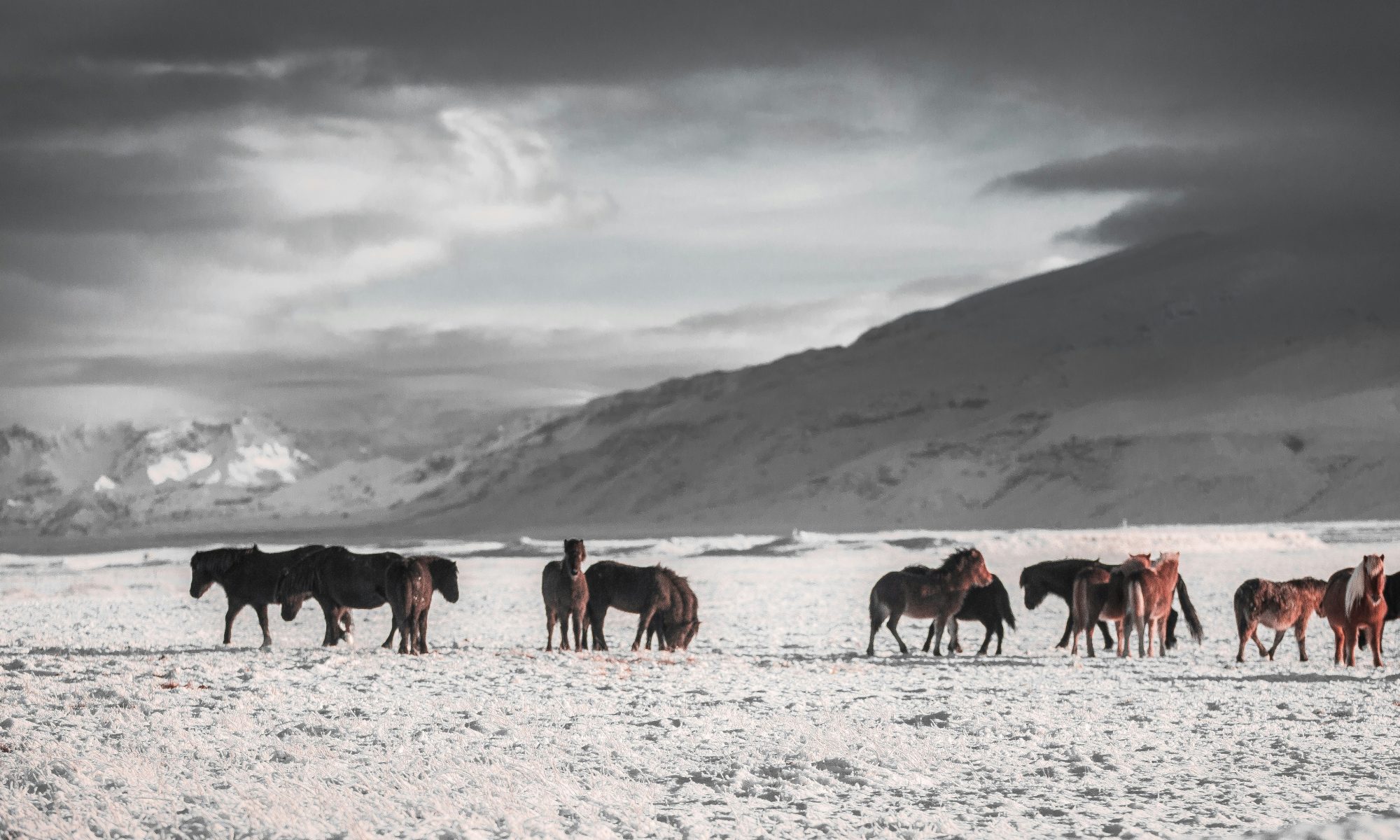Both anthropomorphism and anthropocentrism play significant roles in shaping attitudes, practices, and policies within equestrianism.
The terms “anthropomorphic” and “anthropocentric” refer to different concepts:
1. Anthropomorphic: This term comes from the Greek words “antrhopos” (human) and “morphe” (form). It describes the attribution of human characteristics, emotions, perceptions, intentions or behaviours to non-human entities, such as animals, gods, or inanimate objects. For example, in literature, a talking animal would be an example of anthropomorphism.
2. Anthropocentric: This term also comes from Greek roots, combining “anthropos” (human) and “kentron” (centre). It refers to a worldview that places humans at the centre of importance, often viewing human beings as the most significant entity in the universe. In this perspective, human needs and interests are prioritised over those of other species and the environment.
In summary, “anthropomorphic” relates to assigning human traits to non-humans, while “anthropocentric” concerns a worldview centred around human beings.
Anthropomorphism in Equestrianism
Definition Recap: Anthropomorphism involves attributing human traits, emotions, perceptions, or intentions to non-human entities.
Impact on Equestrianism:
1. Training Practices:
Trainers and riders may inadvertently project their own emotions and motivations onto horses. For example, if a horse seems reluctant to jump, a rider might interpret this as the horse being “scared” or “stubborn.” This perception might lead to training methods that prioritise emotional rapport rather than understanding the horse’s physical or psychological discomfort or abilities.
2. Horse Welfare:
People may anthropomorphise their horses by assuming they understand human emotions the same way humans do. For instance, a horse may not enjoy being pampered in the same way humans enjoy affection or comfort. This can lead to misunderstanding the horse’s needs; for example, a horse that enjoys freedom and space may be kept too much in close quarters or subjected to excess handling.
3. Storytelling and Branding:
Many equestrian brands and products leverage anthropomorphism in marketing, using imagery or narratives that portray horses in relatable, human-like scenarios. This can enhance emotional connections but might also skew public perception of how horses actually feel and behave.
Anthropocentrism in Equestrianism
Definition Recap: Anthropocentrism is a human-centred worldview that prioritises human needs and interests over those of other beings or the environment.
Impact on Equestrianism:
1. Resource Management:
In the equestrian industry, anthropocentrism can lead to prioritising land use for horse facilities or events without regard for the local ecosystem or wildlife. This may result in habitat destruction, overgrazing, and depletion of resources.
2. Therapeutic Riding Programs:
While therapeutic riding programs are often focused on human benefits (e.g., therapy for individuals with disabilities), there may be little emphasis on ensuring that the horses involved also receive adequate care, mental stimulation, and downtime. An anthropocentric view might overlook the horse’s well-being in favour of maximising therapeutic outcomes for humans.
3. Competitive Practices:
In competitive equestrian sports, the pressure to perform at high levels can lead to practices that may compromise horse welfare for the sake of human enjoyment or achievement. Issues such as overtraining, insufficient rest, and the use of performance aids can emerge from a focus that values human goals above the health of the horse.
Conclusion
Both anthropomorphism and anthropocentrism play significant roles in shaping attitudes, practices, and policies within equestrianism. While anthropomorphism can enhance emotional connections between humans and horses, it may also lead to misconceptions about equine behaviour and needs. On the other hand, anthropocentrism can drive practices that are not always aligned with the well-being of horses or the environment. Balancing these perspectives with an understanding of equine psychology, physiology and welfare is key to fostering a more ethical and sustainable approach to equestrianism.
To move forward, equestrianism needs to move away from anthropomorphism and anthropocentrism. Two concepts that may help are those of umwelt (a term popularised by biologist Jakob von Uexküll, refers to the unique subjective world experienced by an organism based on its sensory capabilities and interactions with the environment) and telos (derived from ancient Greek philosophy, refers to the inherent purpose, goal, or end towards which something naturally tends. It is often associated with teleology, the study of purpose or design in nature).
To explore the concepts of umwelt and telos in more detail read the article Can the concepts of Umwelt and Telos help us to understand our horses better?
Discover more from Dynamics Coaching
Subscribe to get the latest posts sent to your email.

